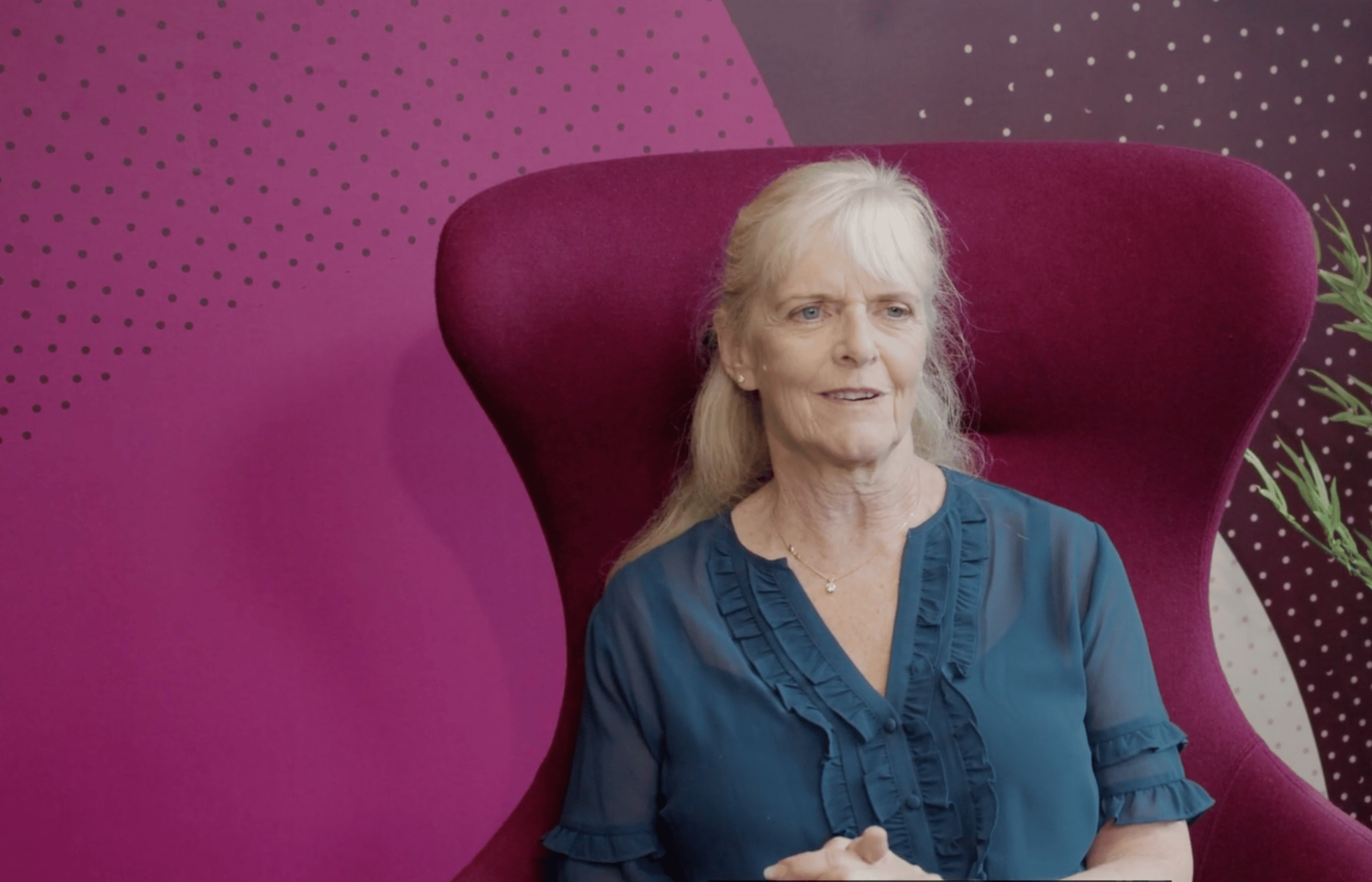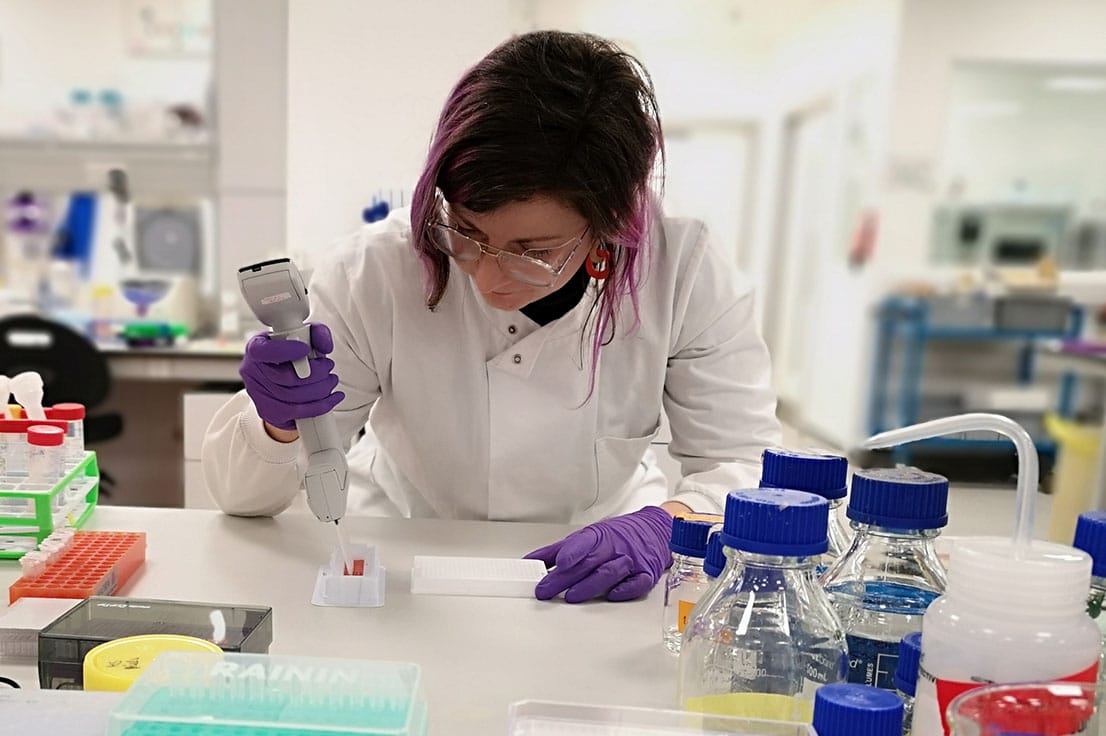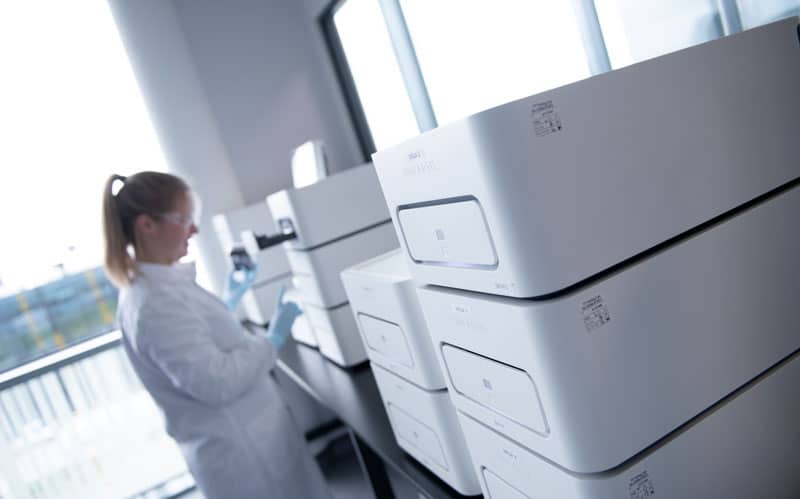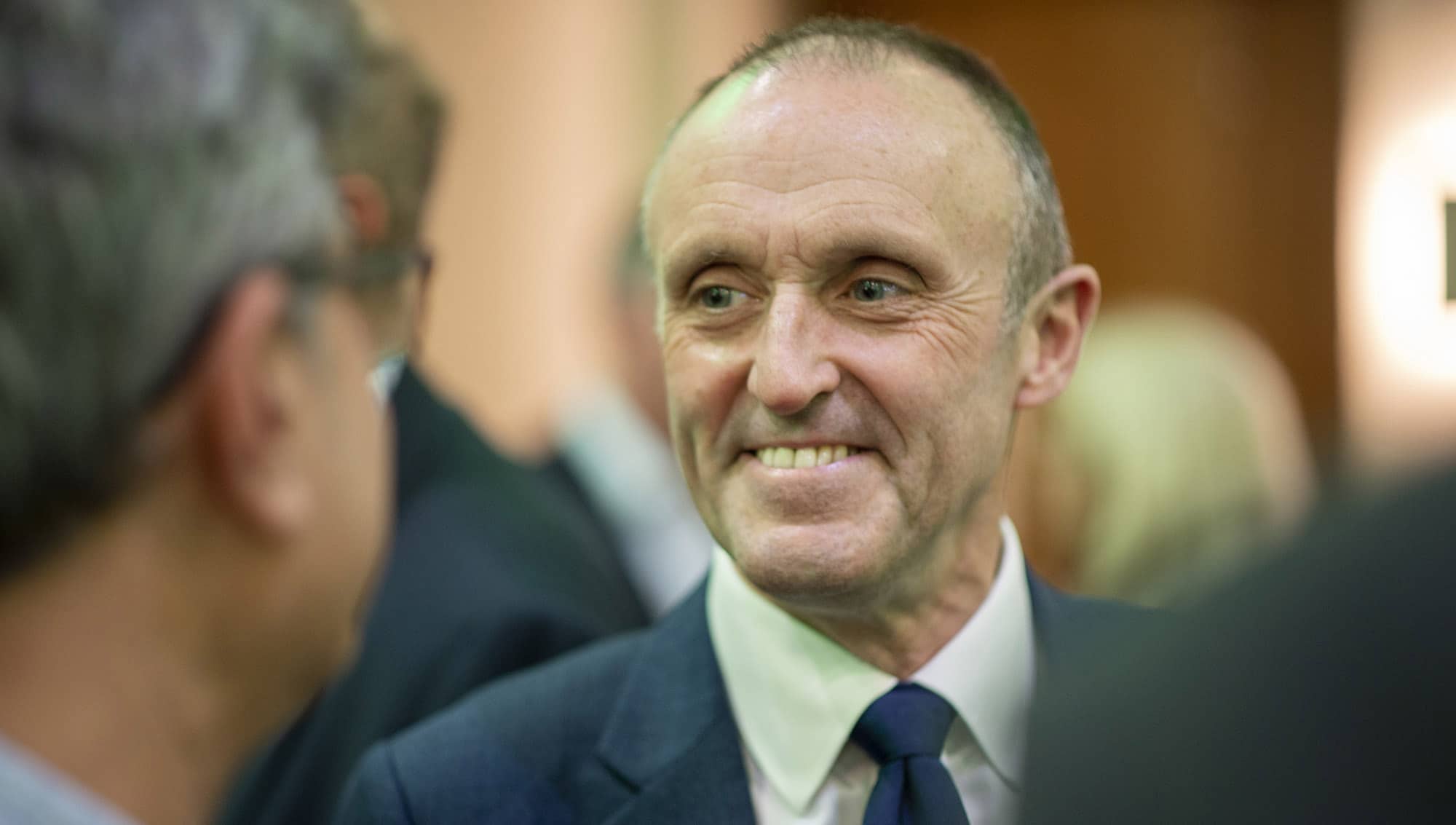At LifeArc, we have an ambitious goal – to spend £1.3 billion by 2030, translating science into medical breakthroughs that will change patients’ lives.
We are often asked what science translation is and what we actually do. In this video, our CEO Dr Melanie Lee talks about LifeArc’s commitment to patients, and explains why we should all care about science translation.
Who is LifeArc?
LifeArc is a self funded medical charity that exists to translate basic science into new ideas and opportunities for patients.
What is ‘translation’?
Basic science is about discovering more information about diseases – and translation is actually looking at what is the potential of that science to become a product for a patient.
What does LifeArc do?
We can offer advice to people about the potential of their pipeline and their research, and we can actually do ‘wet’ science and help them with the experiments that will prove the potential of the product. Then we can fund, either in the philanthropic sense, or to start new companies.
What is LifeArc’s ambition?
We have a very ambitious plan to spend up to £1.3 billion before 2030. LifeArc is going to spend its money through various instruments and ways of working in partnership with others to really address unmet patient need.
Are there specific disease areas you focus on?
One disease that we’re looking at, which is so devastating for patients, is motor neuron disease. Patients get diagnosed with only about 18 months to live. We are very passionate about the fact that, if we were to identify patients much earlier on, who are at risk of that disease, we may be able to ameliorate, prevent or even cure that disease long before they reach that terminal stage.
What makes LifeArc a good partner?
We can be very different because we’re unconstrained in a commercial sense and we can take the chance and risk of combining technologies to really push the boundaries of discovery and translation together to find solutions for patients.
Why should patients care about translation?
So many patients, for one reason or another, are underserved by medical science. And as medical science progresses the opportunity to help people is so vast.
As a patient – and we may all be patients one day – we should really care about translation, because translation is what takes basic science and actually says “and this is how you apply it and this is how we’re going to help you”.
Contact us
If you are interested in find out more about how we can support you or your organisation advance research discoveries towards the clinic to help patients, please contact us.




